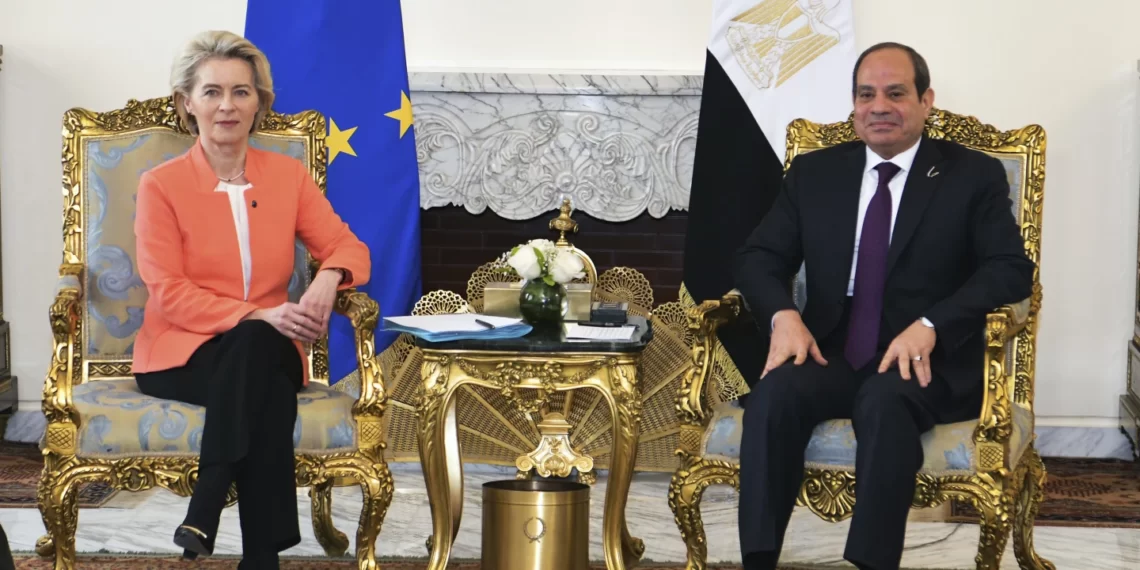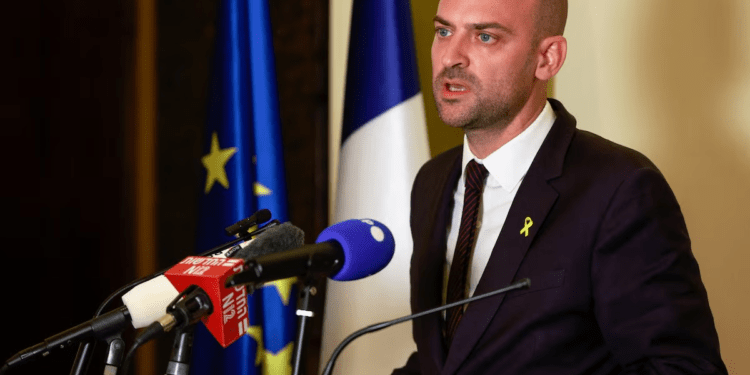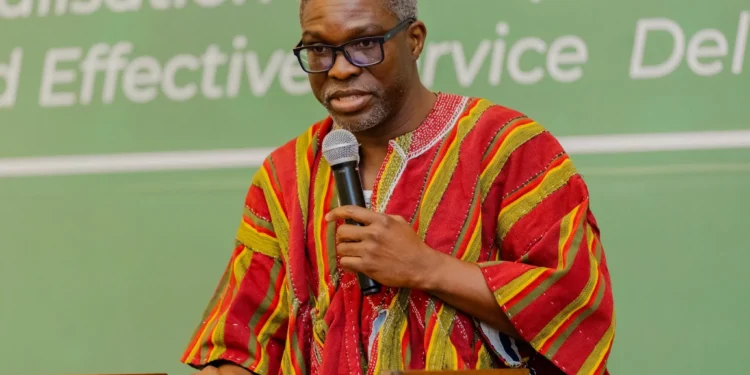The European Union plans to expedite the allocation of aid funds to Egypt through a rapid funding process that sidesteps parliamentary oversight and other regulatory measures, as stated by the president of the EU’s executive branch.
This move involves directing 1 billion euros ($1.1 billion) from a larger aid package totaling 7.4 billion euros ($8 billion) to Egypt, announced by the EU on March 17.
Egypt has traditionally received financial support, including direct cash assistance, primarily from affluent Gulf Arab states. This assistance has been crucial for Egypt, particularly amid concerns about economic instability and regional conflicts, which could potentially escalate migration pressures toward Europe.
The EU’s aid package for Egypt includes grants and loans spanning three years, tailored for the most populous country in the Arab world. The bulk of the funds, totaling 5 billion euros ($5.4 billion), fall under the category of macro-financial assistance (MFA) and are designated to be directly disbursed to Egypt’s Central Bank.
While it’s unusual for the EU to bypass its standard safeguards, the impending European Parliament elections scheduled for June 6-9 present a time constraint. Implementing the usual checks during this period would likely impede the timely delivery of the allocated funds.
With those polls in mind, European Commission President Ursula von der Leyen announced plans for “an urgent MFA operation for up to 1 billion euros” for Egypt, noting in a letter to EU Parliament President Roberta Metsola the country’s “rapidly deteriorating economic and fiscal situation.”
Von der Leyen blamed “a very large exposure to the economic effects of Russia’s full-scale war of aggression on Ukraine, the wars in Gaza and Sudan, and the Houthi attacks in the Red Sea,” and said it was “imperative to make sure that a first significant contribution” would get to Egypt by the end of 2024.
A Provision Rarely Used To Be Invoked

To expedite the process, the European Commission plans to utilize a rarely invoked provision of the EU treaties, namely Article 213. This provision mandates that the 27 member states must approve the allocation of funds, but notably excludes the requirement for approval by the European Parliament, the bloc’s sole democratically elected body.
This approach contrasts with previous instances, such as during the COVID-19 pandemic in 2020, when the EU provided financial assistance to governments from the Balkans to the Middle East without resorting to this method.
Similarly, it hasn’t been employed to support Ukraine’s economy, which suffered severe blows due to the conflict with Russia, despite being utilized a decade ago during Crimea’s annexation and subsequent spikes in natural gas prices.
In addition to bypassing parliamentary oversight, this urgent funding procedure also eliminates the necessity for conducting an impact assessment to evaluate the consequences of the assistance.
Von der Leyen said the new parliament that will be formed after the EU elections would be “fully involved” for the remaining 4 billion euros ($4.3 billion) of MFAs to Egypt, to be disbursed when Cairo agrees to implement “more comprehensive” reforms.
The deal also includes a 1.8 billion euro ($1.9 billion) investment plan and 600 million euros ($647 million) in loans, including at least 200 million euros ($217 million) that will go to Egypt for “migration management.”
The fast-track allocation of funds would provide a much-needed boost to the Egyptian economy, which has been severely affected by a combination of factors including government austerity measures, the COVID-19 pandemic, repercussions from Russia’s invasion of Ukraine, and most recently, the conflict between Israel and Hamas in Gaza.
Typically, macro-financial assistance (MFA) is directed toward governments facing significant economic challenges, aiming to incentivize them to implement necessary reforms. However, the European Commission acknowledges that Egypt’s progress on policy reforms has been slow, and the country already has a backlog of domestic reforms awaiting attention.
The EU-Egypt deal is also influenced by migration concerns. Migration has historically been a contentious issue in EU elections, with mainstream parties seeking to limit arrivals to undercut support for far-right political groups.
READ ALSO: Ghanaians Bear The Blunt of Dumsor as ECG Defies PURC’s Directives























